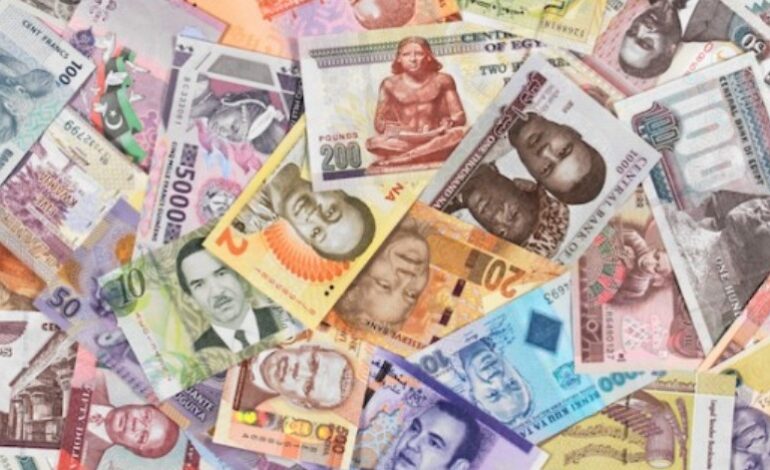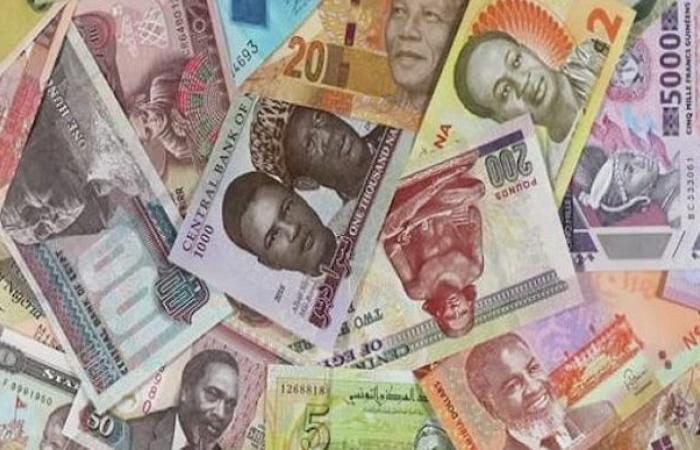
Grace Ossongo – Yaounde, Cameroon
One indication is rising as the world economy descends into yet another crisis: the US dollar’s worth seems to keep rising.
Due to the fact that over half of all international trade is invoiced in US dollars, consumers using dollars to pay for imports all across the world, including in Africa, are harmed by a stronger dollar.
The US Federal Reserve’s hawkish attitude, which has seen it boost interest rates more quickly than central banks in other major economies, has contributed to the dollar’s increase.
The fact that investors typically view the dollar as a “safe haven” asset during periods of economic instability has helped the currency even gain more strength.
Not just Africa is suffering, though. The Japanese yen is at its lowest point since 1998, and the British pound has dropped to its lowest point versus the dollar since 1985.
In contrast, in late August, the euro fell below parity with the dollar for the first time since 2002. The 14 African nations that utilize the CFA franc, which is fixed-rate pegged to the euro, are directly impacted by the euro’s decline.
The worst-hit currency on the continent is the Ghanaian cedi, which has lost 40% of its value against the dollar thus far in 2022.
Ghana’s situation demonstrates how investor confidence has been impacted by the nation’s fiscal problems, which has led Accra to request a bailout from the IMF.
Ghana’s credit rating was lowered by Fitch to CCC in August, indicating that “default is a definite probability.”
Another significant currency under pressure due to waning investor confidence is the South African rand. For several years, the rand has been losing value versus the US dollar, and so far in 2022, it has fallen by 9%. One of the many elements that have contributed to growth rates that are persistently anemic is load shedding.

Nigeria is one nation that ought to be defying the trend. Economic theory would predict that 2022 should be a prosperous year for Africa’s most populous nation because it is a significant producer and exporter of oil.
However, the reverse is actually true. A developing economic crisis has been exacerbated by declining oil production, which has occurred as a result of years of underinvestment and an increase in theft and vandalism, as well as the high expense of subsidizing imports of refined petroleum products.
Businesses and people find it challenging to get dollars in Nigeria due to the complex system of numerous exchange rates, especially during tough economic times.
A senior fellow at the Nigerian Economic Summit Group, Zuhumnan Dapel, calls running rival exchange rates a “dangerous game.” He points out that the method enables influential people to obtain money from the Central Bank of Nigeria and resell it at “exorbitant rates” on the black market.
Nigeria’s official inflation rate exceeded 20% in August for the first time in 17 years amid soaring import prices and a lack of currency.
Indeed, the external situation is challenging for all African nations. The demand for African exports is anticipated to remain muted for the foreseeable future due to the weak growth in China and even weaker growth in developed countries. There is no simple solution to break the crisis cycle for African authorities trying to manage currency risks.




